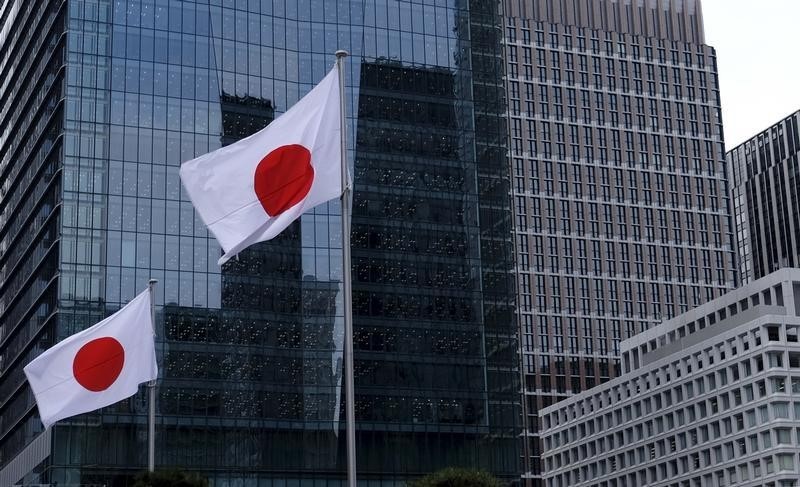Intel stock spikes after report of possible US government stake
Investing.com -- Japan’s political landscape is increasingly uncertain, with mounting speculation about the possibility of snap elections amid ongoing leadership doubts surrounding Prime Minister Ishiba, according to Capital Economics.
In the recent House of Councillors election, the LDP/Komeito coalition secured only 47 of the 124 contested seats, leaving them with just 122 seats in the Upper House—insufficient to form a majority.
This marks the first time since the mid-1990s that the coalition has lacked majorities in both chambers, following a loss of control in the Lower House last October.
While the loss of the Upper House majority isn’t immediately catastrophic, it raises questions about the stability of Ishiba’s leadership. The disapproval rating of his cabinet has reached levels that have historically prompted resignations, and opinion surveys indicate that the LDP’s support is now at its lowest since 2012.
“Indeed, for now PM Ishiba has pledged to stay on,” Capital Economics notes, but there remains a clear risk that he will step down in the coming months, with a potential successor calling snap elections.
The electoral setbacks are expected to influence fiscal policy, with most major opposition parties campaigning on tax cuts, including reducing the sales tax.
The LDP has opposed proposals for tax cuts, emphasizing that the additional revenue is necessary to cover increasing social security costs. They argue that lowering the sales tax would take up to a year to implement and would not be an effective strategy for addressing the rising cost of living.
Instead, the government is expected to stick with its current approach of offering cash handouts and energy subsidies.
Financial markets are also reacting to the recent political developments. Long-term Japanese government bond (JGB) yields have risen recently, approaching their previous highs reached in late-May.
Some analysts attribute this surge to concerns about looser fiscal policy, although others highlight that the Bank of Japan’s reduced bond purchases have increased private investors’ exposure at higher yields.
“Many commentators are pinning the recent surge on concerns about looser fiscal policy,” the note states.
"But it’s also worth recalling that the reduction in the amount of JGBs bought by the Bank of Japan means that private investors now need to hold a larger share of the market and they only seem to be willing to do so at much higher yields," it adds.
Despite political turbulence, Japan’s fiscal situation remains relatively stable in the medium term.
The note points out that “continued strong gains in nominal GDP coupled with the smallest budget deficit in 30 years mean that the debt ratio is set to fall for a few more years.”
Capital Economics expects bond yields to reach around 2% by end-2026, though it notes that this outlook is more driven by expectations of monetary policy changes than immediate fiscal risks.
